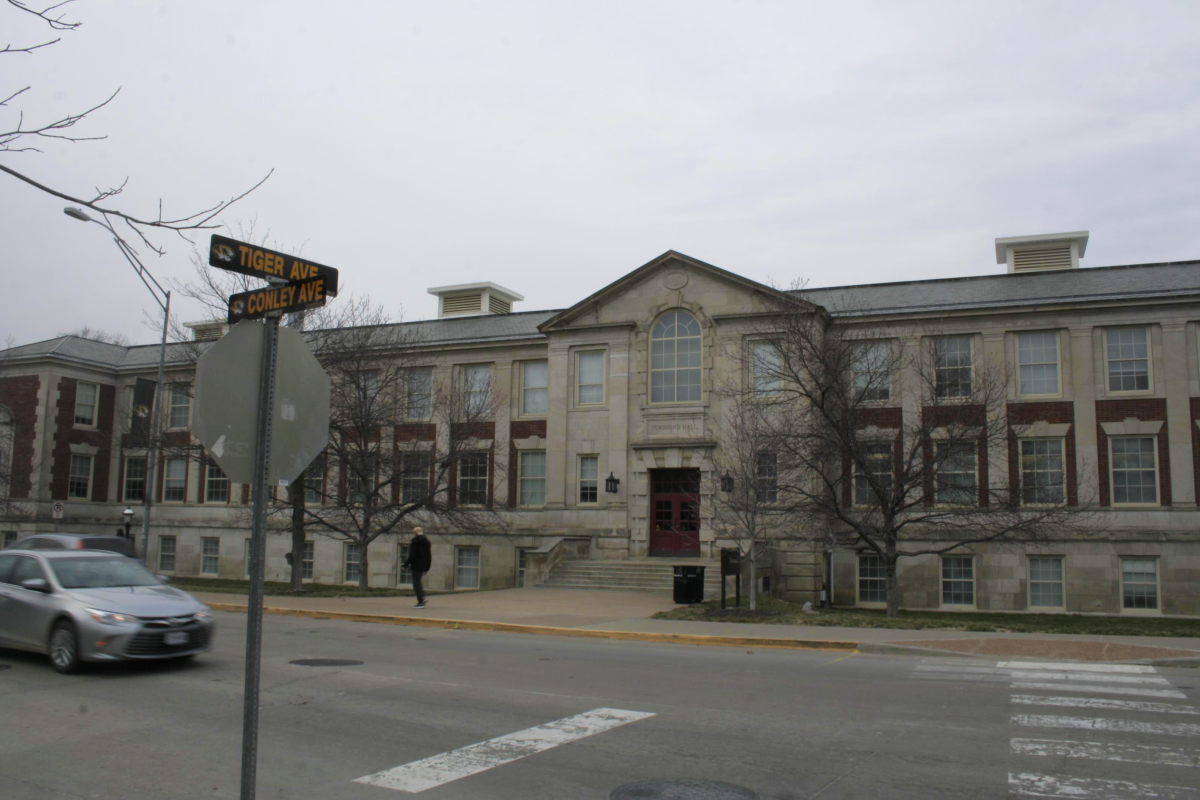The MU College of Education received a $10 million grant from the U.S. Department of Education on Feb. 27 in order to fund the creation of a National Center for Rural School Mental Health.
According to the MU News Bureau, the center is part of Chancellor Alexander Cartwright’s goal to increase research funding and establish three to five national research centers externally funded in the next five years. This goal seeks to make the university a leading research university.
The center will gather and collect data from various rural schools across Missouri, Virginia and Montana in order to increase support and treatment of mental disorders in K-12 children.
“Those schools just look different,” lead investigator professor Wendy Reinke said. “They don’t have school counselors. They might not have nurses, so it is really teachers and administrators. In some of our rural schools the superintendent is the bus driver for these districts, so they just have less resources and they have all these people who are putting on all kinds of different hats.”
A study by the American Journal of Preventive Medicine found that 65 percent of rural U.S. counties lack a psychiatrist and 47 percent of rural U.S. counties lack a psychologist. The same study identified the importance of closing the gap between resource differences between urban and rural communities.
The center will identify kids’ mental health issues early, perform preventative interventions, find those who need mental health support and supply professional development for teachers and school staff, Reinke said.
Using procedures and tools already being provided by the Boone County Schools Mental Health Coalition, the center hopes to expand a similar type of system across the nation.
“What we are really hoping to do with this rural center grant is to take that unique cool thing that we are doing here and push it out to other rural schools and, hopefully, to be able to disseminate it nationally at the end of our five years,” Reinke said.
The center plans to use technology to expand the reach of mental health education and up-to-date training across places that don’t have easy contact to trained professionals with podcasts and different types of electronic communications.
“Teachers have these kiddos in their classroom,” Reinke said. “They’re on the frontlines, so they need lots of tools and strategies to use in their classroom too.”
Kody Simmons, a freshman at MU and someone who attended K-12 schooling in rural Missouri at School of the Osage, explained how the center could have changed his school, which didn’t have a psychologist until his senior year.
“It would make the students feel more comfortable,” Simmons said. “They feel like the psychologist is more qualified than just the school counselor in their area of need.”
Year one of the center will be a time of open trial by the selected school districts where teachers and administrators can collaborate with the center’s staff to improve the systems provided. They will be able to figure out what things they like, what things they wish it had and what things they think are unnecessary, Reinke said.
“We are really working in partnership with our schools, so they can actually adapt everything to fit into their actual context,” Reinke said.
Once fully running, Reinke plans to make the center something that any school in the country has access to.
“Ideally what we want is that any school in our country who wanted to have access to this model or identification, prevention and intervention for mental health would have access to it,” Reinke said. “Right now, that is not the case.”
_Edited by Emily Wolf | [email protected]_








